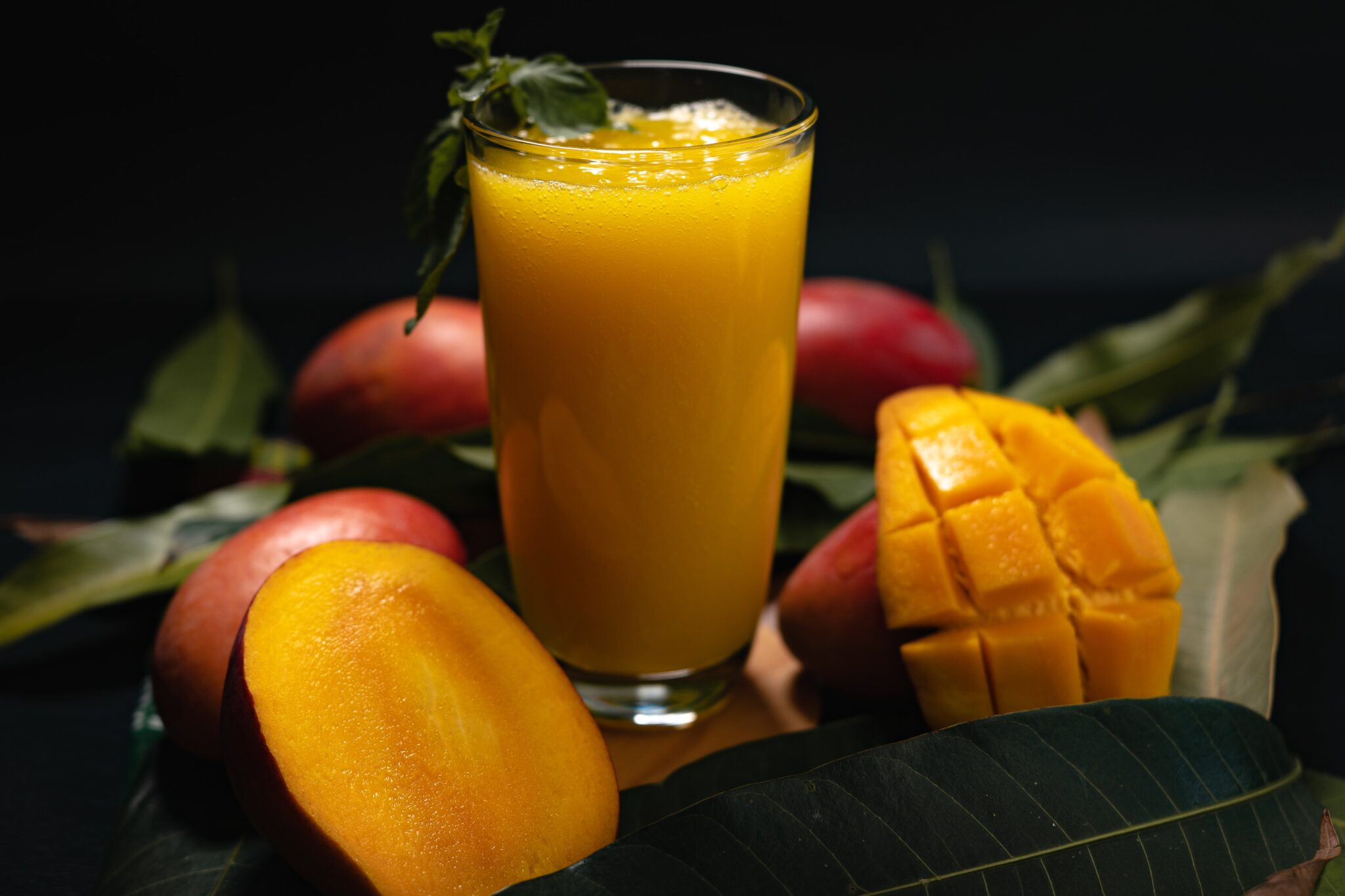The digestive system is easily upset. From a change in diet to stress, medication such as antibiotics, and travel can all cause an imbalance. An upset digestive system can leave you feeling sluggish and bloated. Most people suffer from a digestive related problem at one time or another. So its important to work towards habits that lead to a better bowel and bladder.
It is estimated that a third of the UK population regularly suffer from a digestive illness, such as irritable bowel syndrome (IBS), constipation, diarrhoea, stomach ache, nausea and sickness. Urinary incontinence is also an issue for many people, with the severity of the issue varying widely. Medication and some medical conditions contribute towards, or make incontinence worse.
For those who suffer from urinary or bowel incontinence, the need for high quality continence products from are a must. Eating the right combination of foods will have a dramatic impact on improving the health of the bladder and the bowel.
Fibre
Also known as roughage, fibre is the structural part of a plant. It is the scaffold or the framework that supports the plant as it grows, therefore fibre is only found in foods of a plant origin.
There are many scientific findings that highlight the beneficial effect of fibre in the diet and yet despite this, the diet in the western world has seen the amount of fibre we consume gradually decrease.
Fibre is beneficial because of the way it interacts in the digestive system. Fibre does three things;
- It increases the weight of faeces
- It increases colonic transit – how efficiently food passes through your digestive system
- It helps to keep your bowel movements ‘regular’
There are two types of fibre and both have a different effect on the digestive systems. A healthy diet should contain both soluble and insoluble fibre.
Soluble fibre
Fruits, vegetables, oats and barley are high in soluble fibre. This type of fibre is broken down by bacteria in the gut, producing energy and gas. It forms a gel-like substance in the stool, which binds other substances together. This is why soluble fibre is thought to help in the lowering of cholesterol.
Insoluble fibre
Insoluble fibre is also found in fruit and vegetables but in the skins, pips and husks. Rise, wheat, cereals and nuts are also a form of insoluble fibre. This type of fibre is less easily digested and holds water well, thus increasing stool size and weight.
How much fibre do we need
The recommended average fibre intake is between 20 and 35 grams daily, although you may find you need more or less. It is possible to have too much fibre. It can leave you feeling bloated and uncomfortable and, in some cases, cause diarrhoea.
Fluids
High fibre diets can help keep your bowel happy and healthy but you will find that you will also need to increase your intake of fluid. If the fibre does not have plenty of water to grab hold of, it can’t do its job properly.
Many people with incontinence worry that increasing the amount of fluids they drink will make the problem worse. Depending on the cause and type of incontinence, increasing your fluid consumption throughout the day can significantly improve urinary incontinence.
Here are some hints and tips on how to make small but beneficial changes to your diet;
- Rather than drinking a large glass of water all at once, sip it throughout the day
- Make small increases in fibre in your diet to find the right level for you
- Many people believe they should have a bowel movement every day but what is one person’s normal, is not another’s
- Establish what your normal bowel routine is – if it changes without explanation, if there is blood in your stools, stomach cramping etc. please see your GP
- Some foods irritate the bladder, such as acidic foods – avoid tomatoes, vinegar, fruit juices and other foods high in acids
- Caffeine can also irritate the bladder, causing you to urinate more – alcohol has the same effect too
Working together
By keeping your digestive system happy and healthy, your bladder functions better too. Constipation, for example, places stress on both the bladder and bowel. The stools are not hydrated enough to pass through the colon easily. This means that there is not enough fluid to keep your bladder happy, thus it becomes irritated. In some people, this presents the sensation of needing to urinate frequently.
As well as a balanced diet and drinking plenty of fluid, exercise is also needed to keep your digestive system, bowel and bladder happy and healthy. With their discreet pads and pants, managing incontinence is easier.

